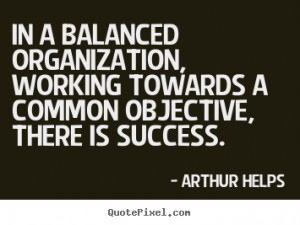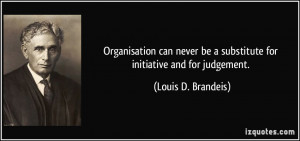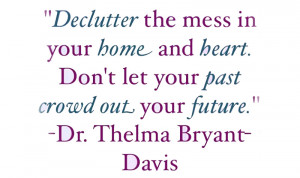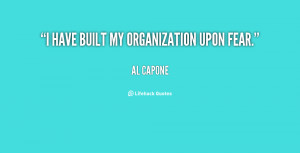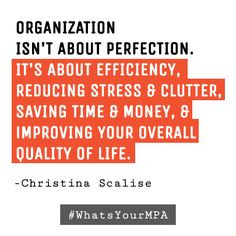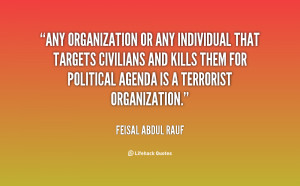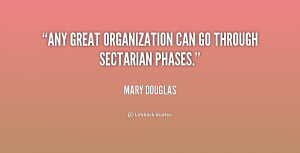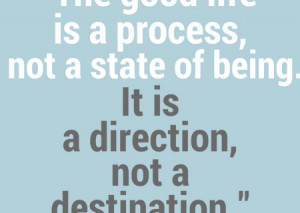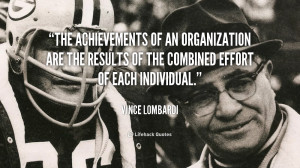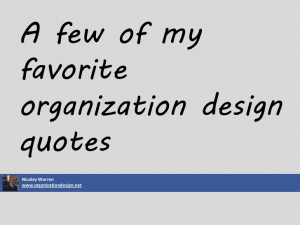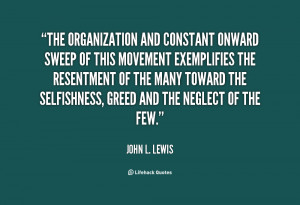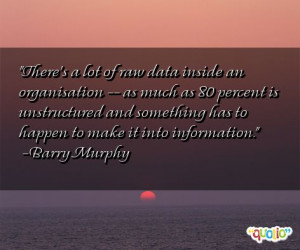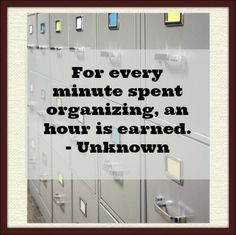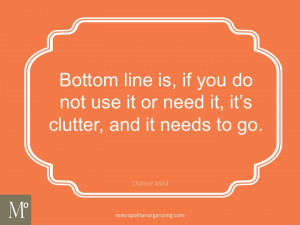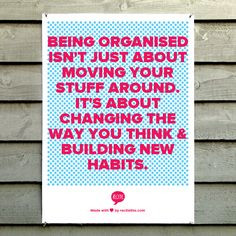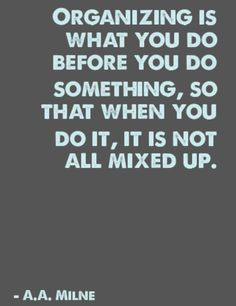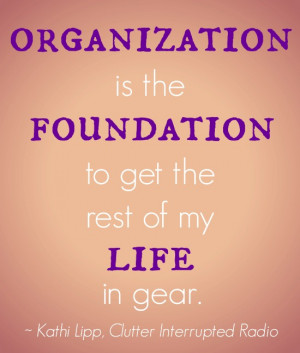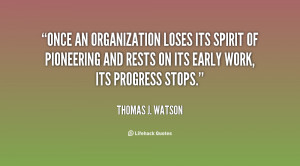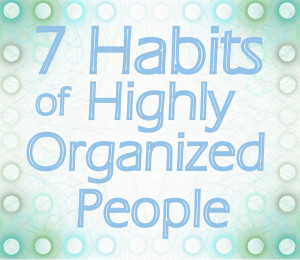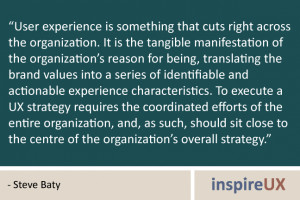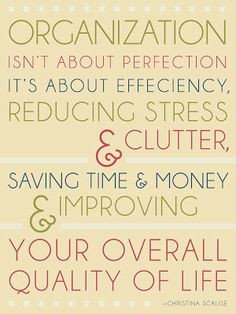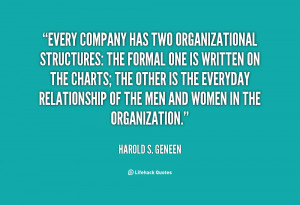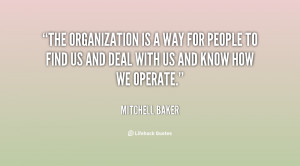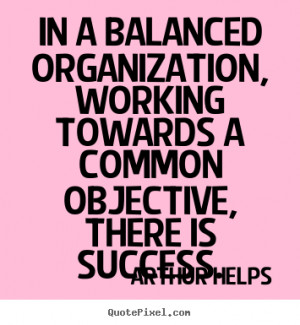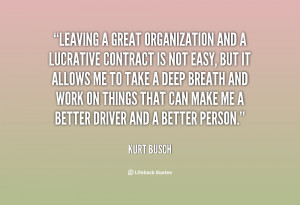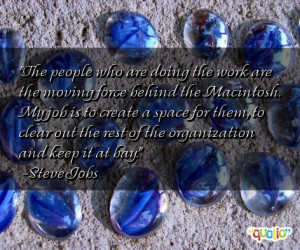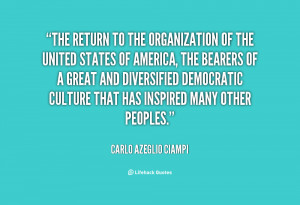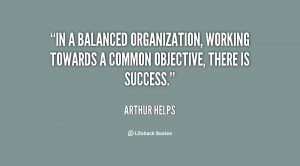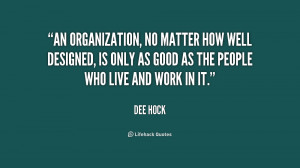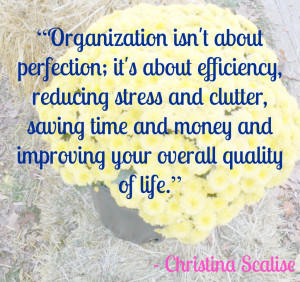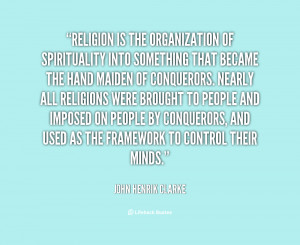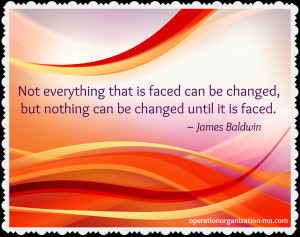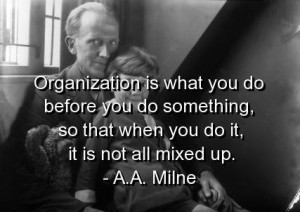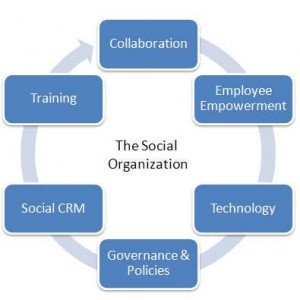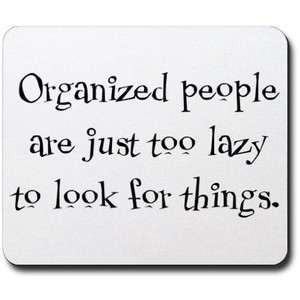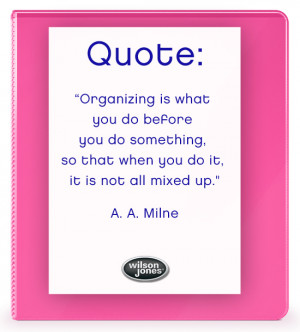Organisations Quotes
Think about it: if you were running a multi-million dollar company, and your database of customer information was stolen, would you want to tell your clients? No. Most companies did not until the laws required them to. It's in the best interest of organisations - when they're attacked and information is stolen - to tell nobody.
When you were growing up, your mom and dad told you to look both ways before crossing the street or not to get into a car with a stranger. It's the same with the Internet. We have a big responsibility and a huge role in bringing all the stakeholders to the table - users, parents, educators, law enforcement, government organisations.
Governments of rich countries spend some $6bn of tax money a year on disaster relief and development aid overseas, while each new earthquake, famine or tidal wave can attract 1,000 aid organisations, from the United Nations Children's Fund and Oxfam to the 'Jesus Brigades' of the American south and other charitable adventurers.
In the end, does it really matter if newspapers physically disappear? Probably not: the world is always changing. But does it matter if organisations independent enough and rich enough to employ journalists to do their job disappear? Yes, that matters hugely; it affects the whole of life and society.
